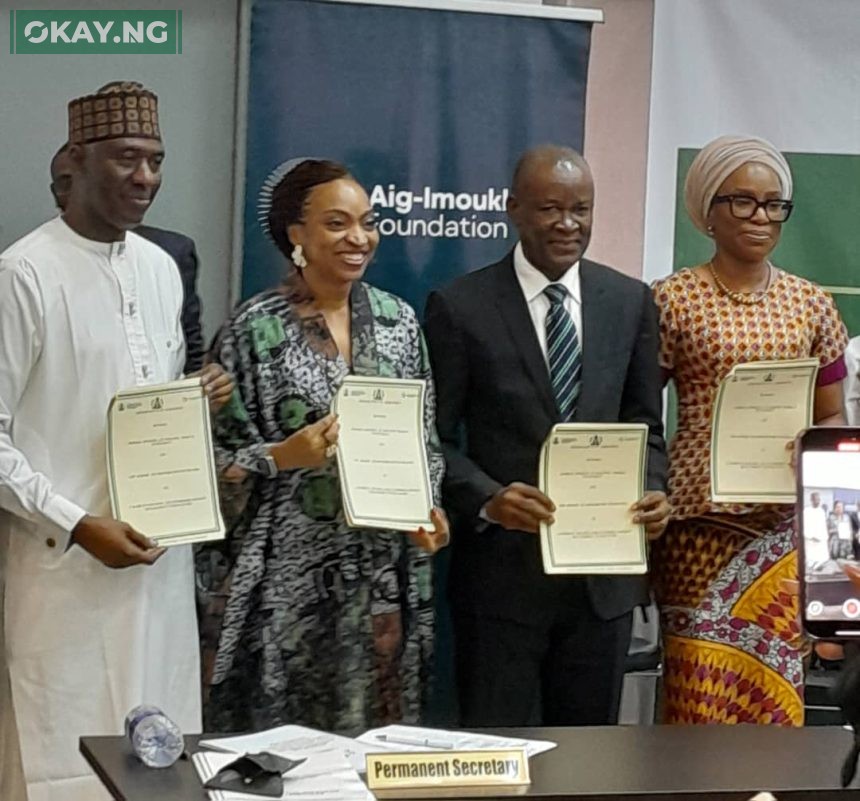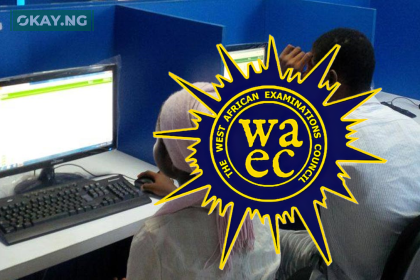The Ministry of Trade and Investment has made bold ambitions to completely digitise its operations by the end of 2025, a step that promises to modernise service delivery and greatly increase efficiency. This historic move marks a new era for commerce and business in Nigeria and was revealed during a recent signing ceremony with the AIG Imoukhuede Foundation.
“I believe that this ministry is poised to serve Nigeria in a very special way,” declared Jumoke Oduwole, the Minister of Trade and Investment, emphasising the government’s commitment to transforming the trade landscape. The minister acknowledged the challenging journey ahead, emphasising the strict December 2025 deadline for full automation.
This digital transformation is not merely a technological upgrade; it’s about fundamentally reshaping how the ministry interacts with businesses, investors, and the public. Imagine a future where bureaucratic hurdles are minimised, applications are processed swiftly, and information is readily accessible online. This is the vision that drives this ambitious initiative.
The AIG Imoukhuede Foundation, a key partner in this endeavour, brings a wealth of experience to the table. Having successfully spearheaded the digital transformation of the Office of the Head of the Civil Service of the Federation, the foundation is uniquely positioned to guide the Trade Ministry on this transformative journey.
Read Also: Grid Collapse Plunges Nigeria Back into Darkness
“The future of Nigeria’s socio-economic development depends strongly on you, the public sector,” stated Ofovwe Aig-Imoukhuede, Co-Founder of the AIG Imoukhuede Foundation, acknowledging the critical role of government in driving national progress.
The partnership will focus on three core pillars:
- Digitalization: Transitioning from manual processes to automated systems, bringing the ministry’s operations in line with 21st-century standards.
- Capacity Building: Equipping civil servants with the necessary digital skills to effectively leverage new technologies.
- Performance Management: Developing robust tracking mechanisms to ensure that these digital transformation efforts yield tangible results.
This holistic approach recognises that a successful digital transformation requires not just technological upgrades but also a skilled workforce and a framework for continuous improvement.
The signing ceremony witnessed a significant step forward with the signing of a performance bond between the ministry, its agencies, and the AIG Imoukhuede Foundation. This legally binding agreement underscores the commitment of all parties to achieving the ambitious goal of full digitalisation within the stipulated timeframe.
Beyond the technical aspects, this digital transformation holds immense potential for improving the lives of ordinary Nigerians. Imagine the impact of faster and more efficient trade processes on businesses, particularly small and medium enterprises (SMEs). Reduced bureaucratic delays could unlock new opportunities for growth, create jobs, and stimulate economic activity across the country.
Moreover, increased transparency and accountability, hallmarks of a digitised government, can foster greater trust between the government and its citizens. This, in turn, can encourage greater participation in the economic and social development of the nation.
The road ahead undoubtedly presents challenges. Overcoming resistance to change, ensuring data security, and addressing potential digital divides will require careful planning and sustained effort. However, the potential rewards – increased efficiency, improved service delivery, and ultimately, a more prosperous Nigeria – make this endeavour a worthwhile pursuit.
This digital transformation signifies a significant step towards building a more modern, efficient, and citizen-centric government. It is a testament to the government’s commitment to leveraging technology to improve the lives of its citizens and unlock Nigeria’s full economic potential.












